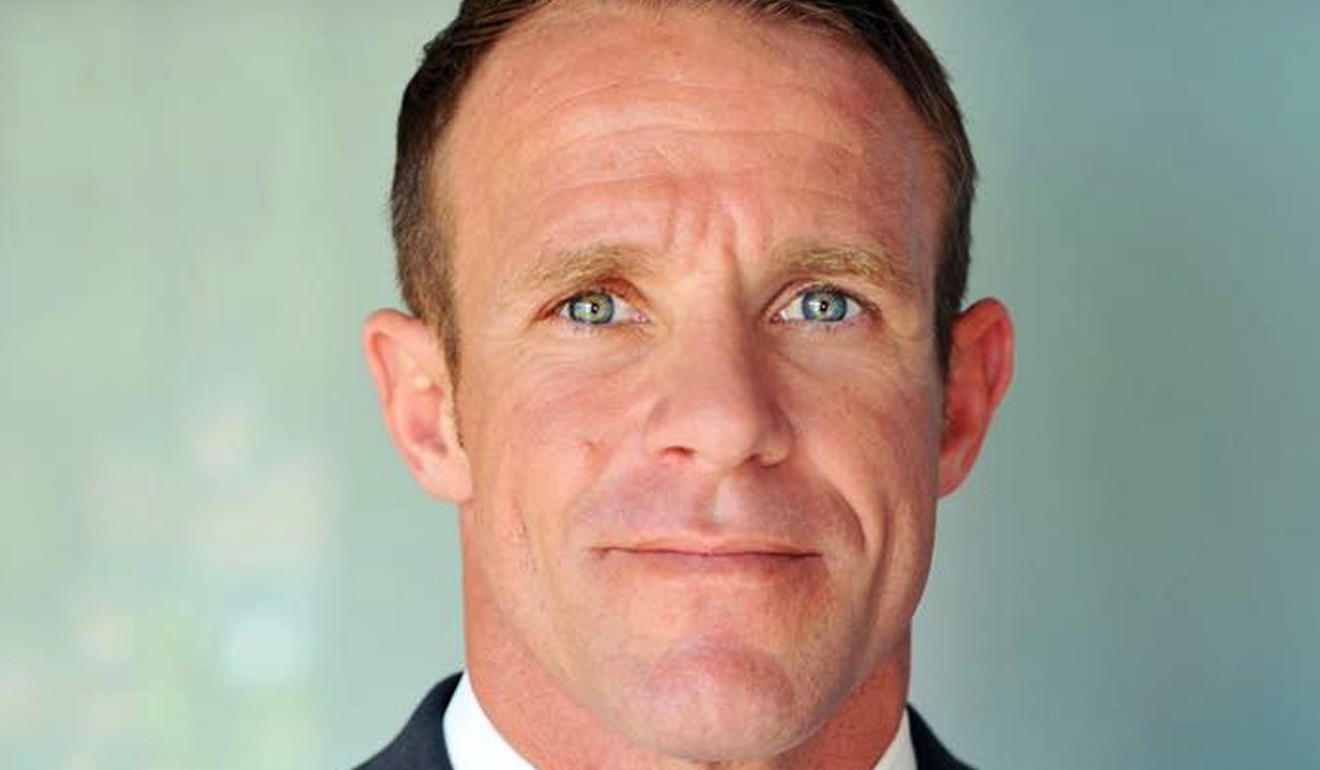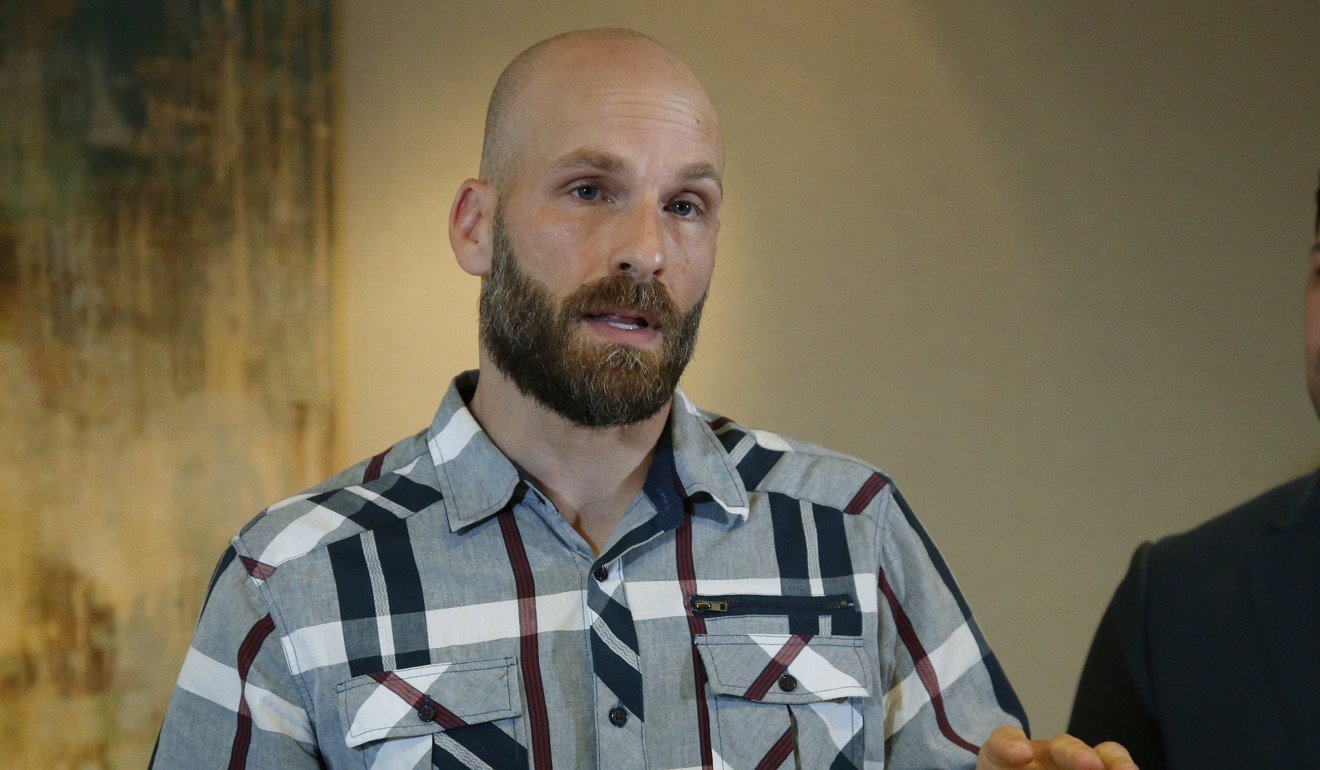
Senior military officers rebel against US President Donald Trump’s plan to pardon troops accused of war crimes
- Opponents say presidential pardons could encourage misconduct by showing that violations will be treated with leniency
Current and former military officers urged the White House not to pardon service members and security contractors implicated in war crimes, warning that forgiving their offences would send a dangerous signal to US troops and potential adversaries.
Aides to President Donald Trump have been examining high-profile war crimes cases from Iraq and Afghanistan, preparing paperwork so Trump could issue pardons during Memorial Day commemorations next week, according to two senior US officials.
But the possibility that Trump could issue pardons has brought a flood of opposition from current and former high-ranking officers, who say it would encourage misconduct by showing that violations of laws prohibiting attacks on civilians and prisoners of war will be treated with leniency.
“Absent evidence of innocence or injustice, the wholesale pardon of US service members accused of war crimes signals our troops and allies that we don’t take the law of armed conflict seriously,” retired Army General Martin Dempsey, the former chairman of the Joint Chiefs of Staff, said in a tweet Tuesday.
He added: “Bad message. Bad precedent. Abdication of moral responsibility. Risk to us.”

Among those under consideration for a pardon is Chief Petty Officer Edward Gallagher, a Navy SEAL awaiting court martial on charges that he shot unarmed civilians and stabbed a teenage Islamic State fighter in Iraq in 2017, according to one of the officials, who discussed the internal deliberations in return for anonymity.
Gallagher has pleaded not guilty and commentators on Fox News have lobbied Trump to pardon him.
Other cases being examined by the White House include those of Army Major Mathew Golsteyn, who is charged with killing an unarmed Afghan in 2010; three Marine snipers prosecuted for urinating on the corpse of a dead Afghan fighter in 2011; and a former security guard for the Blackwater Worldwide security firm who was convicted of murder in December for killing unarmed Iraqis in 2007.
Other officers warned that if US personnel accused of such crimes escaped punishment, civilians on foreign battlefields would be less inclined to cooperate with US forces, and US service members taken prisoners would be more likely to be mistreated or even killed when taken captive.
“If President Trump issues indiscriminate pardons of individuals accused – or convicted by their fellow service members – of war crimes, he relinquishes the United States’ moral high ground and undermines the good order and discipline critical to winning on the battlefield,” said retired General Charles Krulak, a former commandant of the Marine Corps.

Several officials said Trump is not believed to have consulted his senior military advisers about issuing pardons. The possibility of military pardons was first reported by The New York Times.
Senior officers have not spoken out publicly about the possibility Trump could pardon accused war criminals, but many are privately outraged, according to one currently serving at the Pentagon.
“I think a lot of us would see it in the same way – that it’s just awful,” he said.
The possibility of that reaction inside the military could cause Trump to hold off issuing pardons. But Trump has ignored top military officers before, and Pentagon officials who once served to check his impulses, including former Defence Secretary James N. Mattis, are no longer serving in the administration.
Asked Tuesday about the possibility that Trump would pardon service members, acting Defence Secretary Patrick Shanahan told reporters: “I’m not really going to speculate on any of the pardons, but I would just say we’ll leave it to the White House to comment on the situation there.”
Trump has repeatedly bypassed normal procedures for issuing pardons and granting clemency, seizing on cases mentioned on Fox News or that resonate with him or his supporters. This month, he pardoned Army First Lieutenant Michael Behenna, who was convicted of killing an Iraqi during questioning in 2008.
“We are talking about some of the most despicable war crimes. To even contemplate pardons in such cases is disgusting and dishonourable,” said Raha Wala, a lawyer at Human Rights First.
“It’s no wonder that some of our most respected military leaders are speaking out against this, as they should.”

